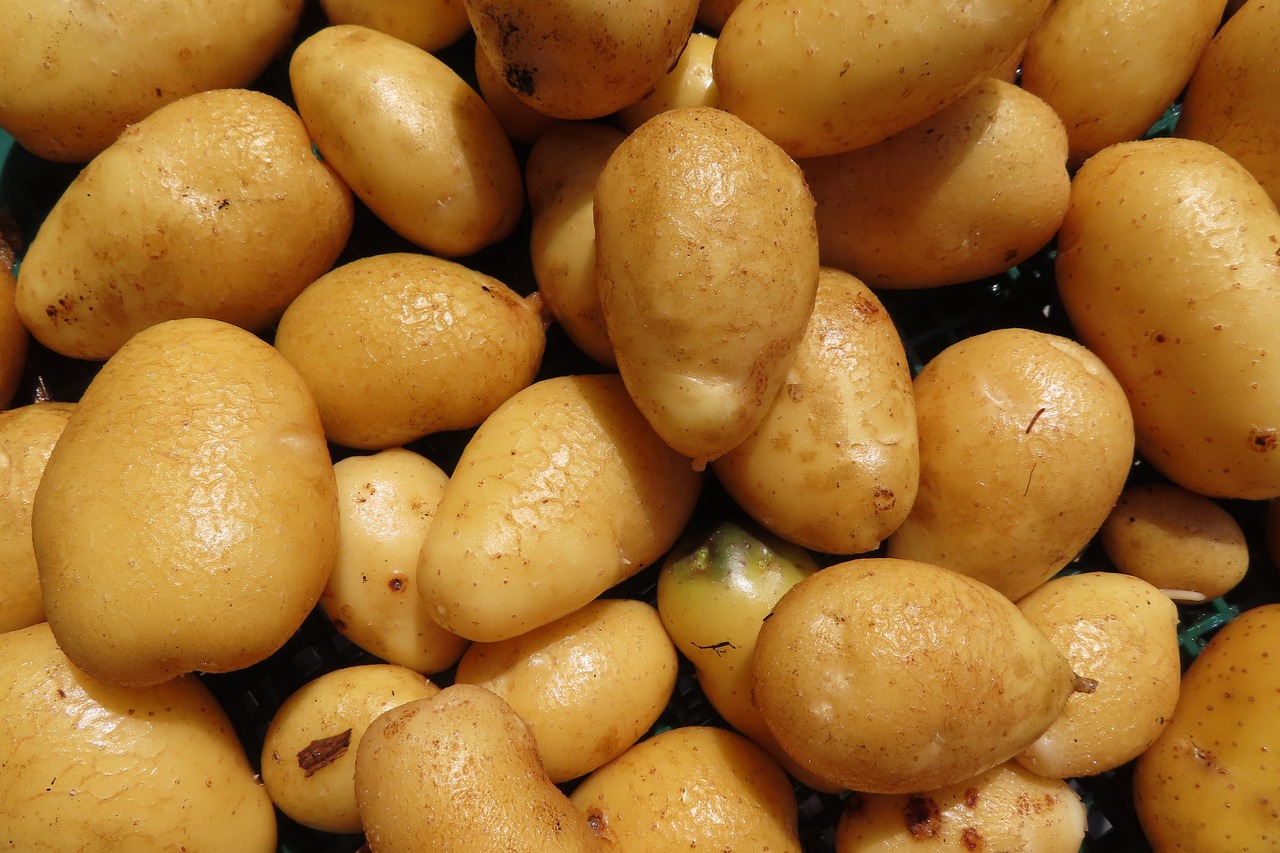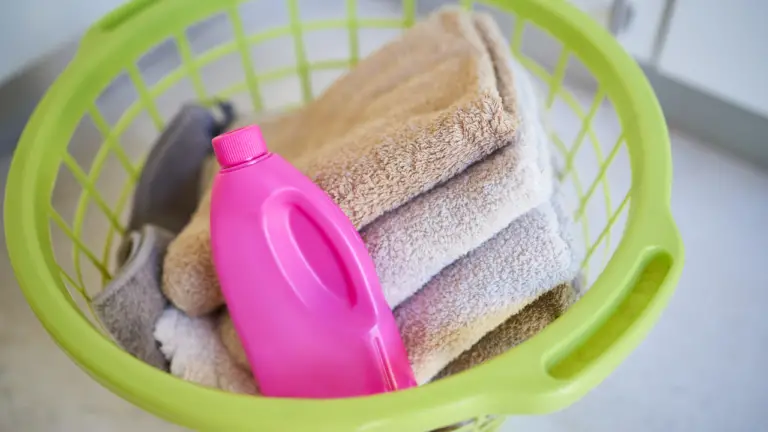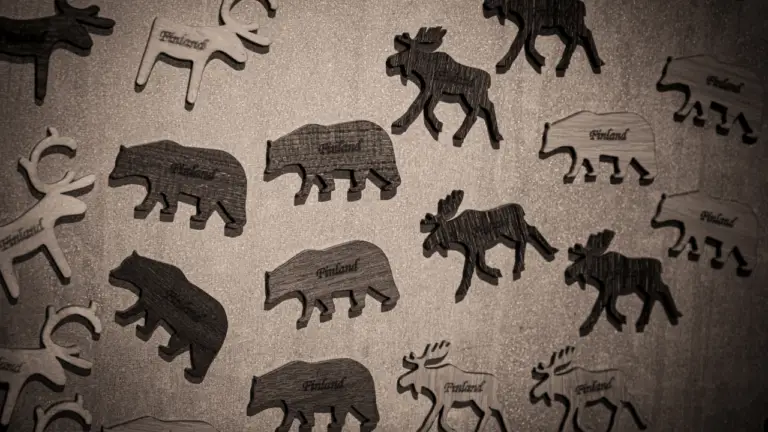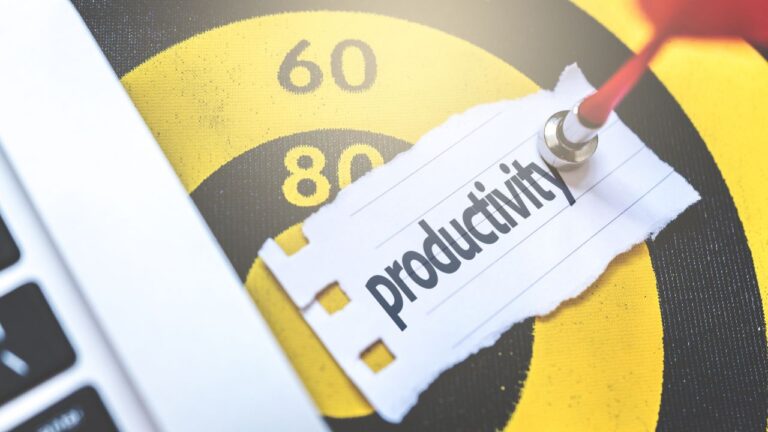How Long to Boil Potatoes?

Boiling potatoes may seem straightforward, but getting the perfect texture requires some attention to detail. Whether you’re preparing them for mashed potatoes, salads, or another dish, knowing the right boiling times can make all the difference.
How long to boil potatoes? Small, cubed potatoes typically take about 10-15 minutes to boil, while larger chunks or whole potatoes can take 20-25 minutes. The exact time can vary based on potato type and size.
Boiling potatoes is a fundamental cooking skill, but achieving the perfect texture depends on several factors, including the type and size of the potatoes, as well as their intended use. Understanding the optimal boiling times can help ensure your potatoes are cooked to perfection, whether you’re mashing them, using them in a salad, or preparing another dish.
Different Types of Potatoes
When boiling potatoes, the type of potato you use plays a significant role in determining the boiling time. Starchy potatoes like Russets tend to boil faster and break down more easily, making them ideal for mashing. On the other hand, waxy potatoes such as Yukon Golds or Red potatoes hold their shape better and are perfect for salads and dishes where you want the potatoes to remain intact.
Starchy potatoes generally need to be boiled for 10-20 minutes, depending on whether they are cubed or whole. Waxy potatoes, which are denser, may take a bit longer, usually around 15-25 minutes. It’s essential to monitor them closely to avoid overcooking, which can lead to a mushy texture.
Preparing the Potatoes
Proper preparation of potatoes before boiling is crucial to achieving the desired outcome. Start by washing the potatoes thoroughly to remove any dirt. If you prefer, you can peel them, although leaving the skins on can add texture and nutrients to your dish.
Cutting the potatoes into uniform pieces ensures even cooking. Smaller, cubed potatoes boil faster, usually in 10-15 minutes, whereas larger chunks or whole potatoes require more time, approximately 20-25 minutes. Using a knife to test for doneness is a reliable method; the potatoes are ready when they can be easily pierced with minimal resistance.
Boiling Techniques
The boiling technique you use can also affect the final result. Starting with cold water helps the potatoes cook more evenly. Place the potatoes in a pot and cover them with cold water, then bring the water to a boil. Adding salt to the water can enhance the flavor of the potatoes.
Once the water reaches a rolling boil, reduce the heat to a simmer. This gentler cooking method helps prevent the potatoes from breaking apart. Keep the pot partially covered to maintain a consistent temperature and allow the steam to escape, which helps prevent the pot from boiling over.
Checking for Doneness
Knowing when the potatoes are done boiling is crucial to achieving the perfect texture. For cubed potatoes, check them after 10 minutes by piercing a piece with a fork or knife. They should be tender but not falling apart. Larger chunks or whole potatoes may take closer to 20-25 minutes.
If you’re unsure whether the potatoes are fully cooked, you can always taste a piece. It should be soft and creamy but still hold its shape. Overcooking can lead to a mushy texture, which is undesirable for most recipes. Once the potatoes are done, drain them immediately to stop the cooking process and prevent them from becoming waterlogged.
Uses of Boiled Potatoes
Boiled potatoes are incredibly versatile and can be used in a variety of dishes. Mashed potatoes are a classic favorite, requiring the potatoes to be boiled until very soft. For potato salad, it’s best to boil them until just tender so they maintain their shape when mixed with other ingredients.
Other uses include incorporating boiled potatoes into soups and stews, where they add a creamy texture without breaking down completely. Boiled potatoes can also be roasted or fried after boiling for a crispy exterior and fluffy interior. Knowing how long to boil potatoes ensures they are perfectly cooked for any dish you have in mind.






